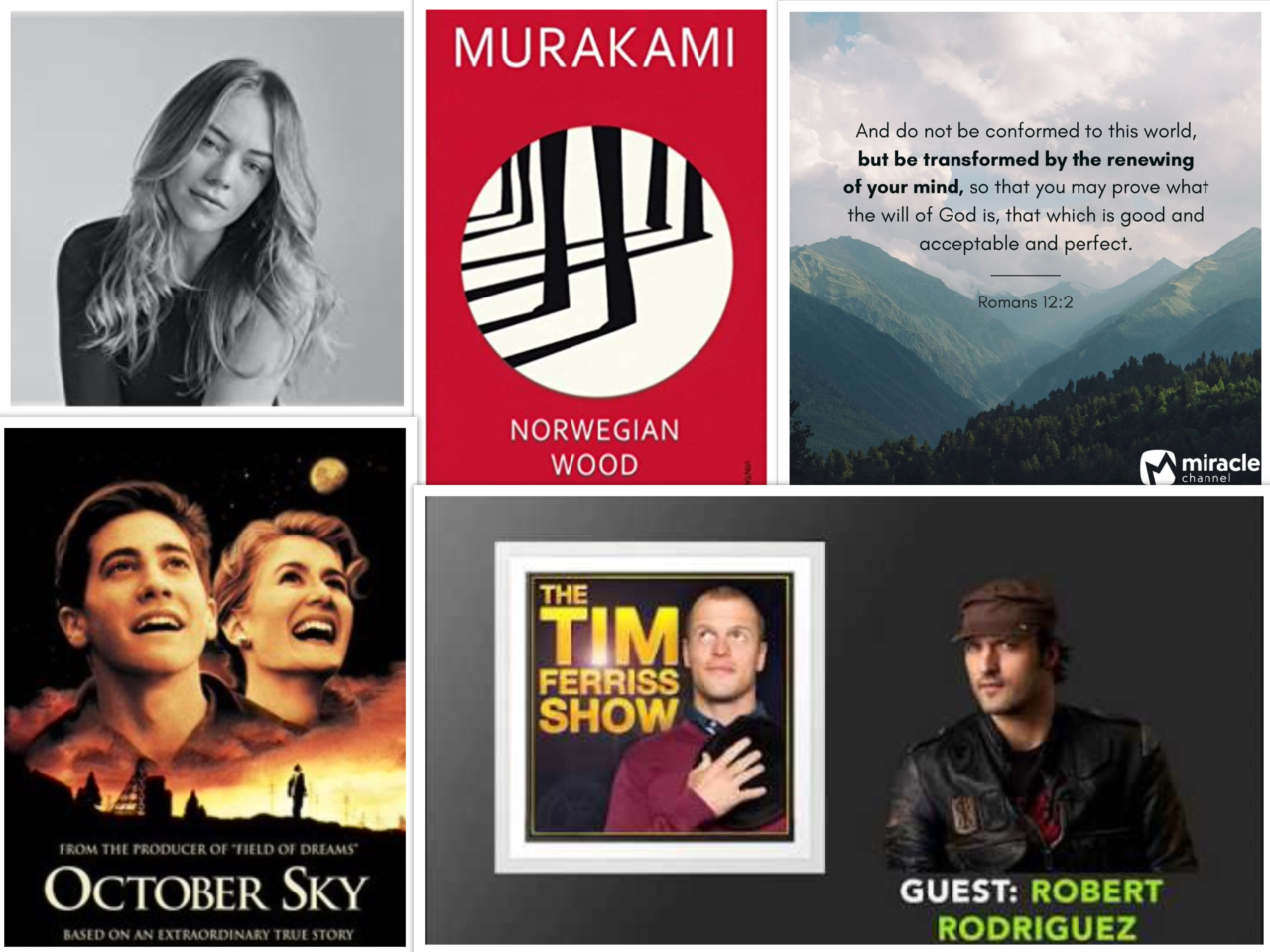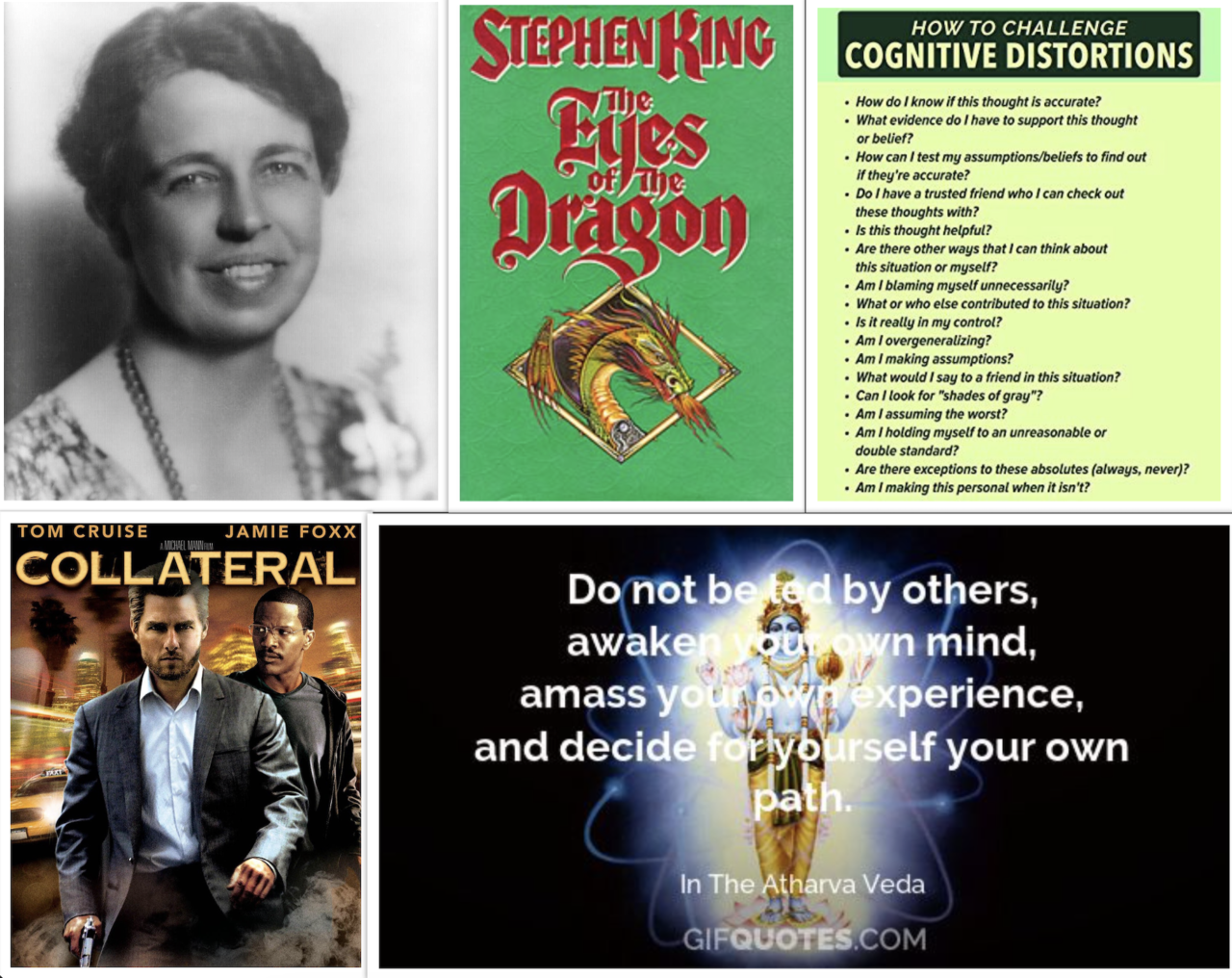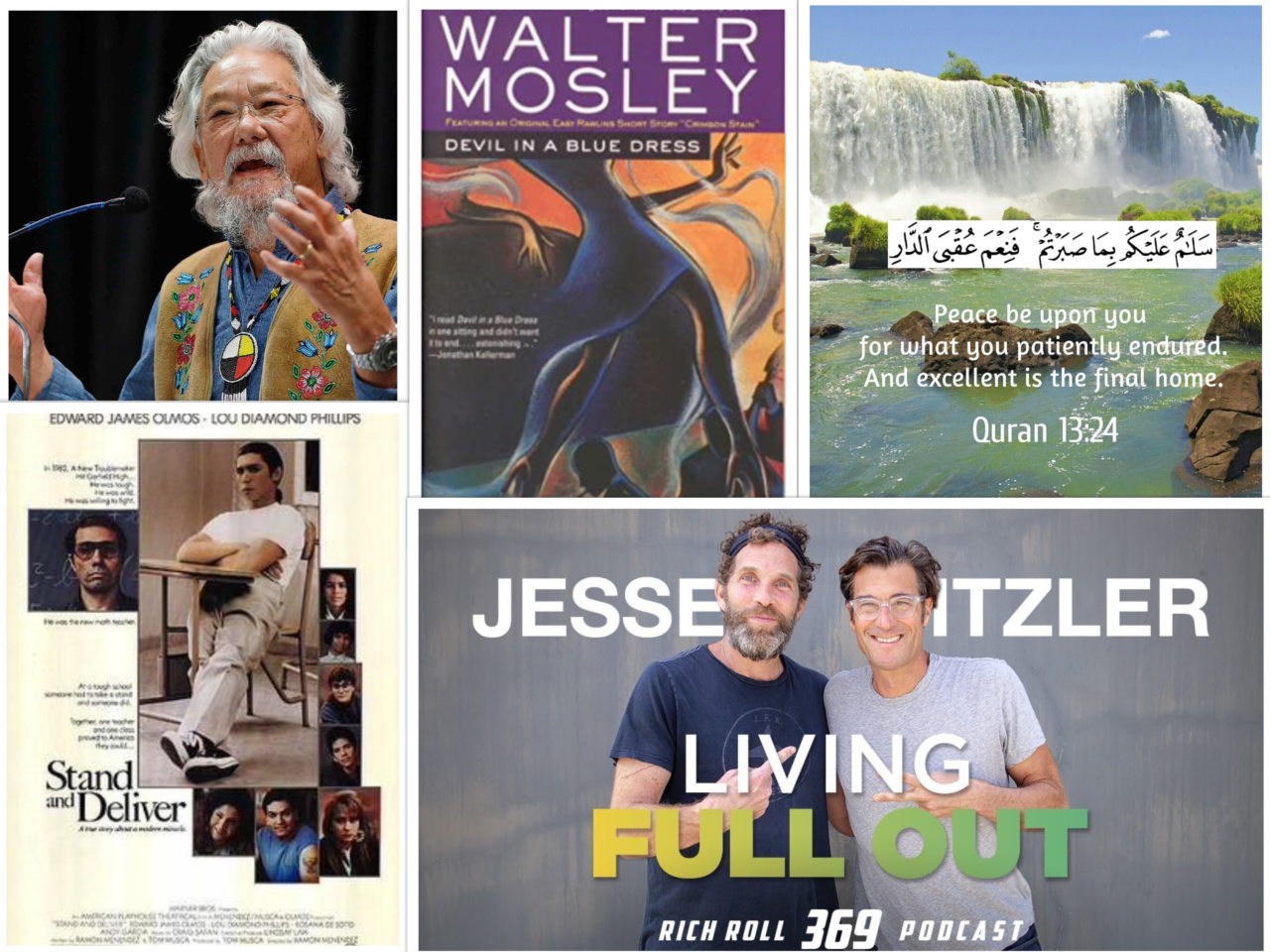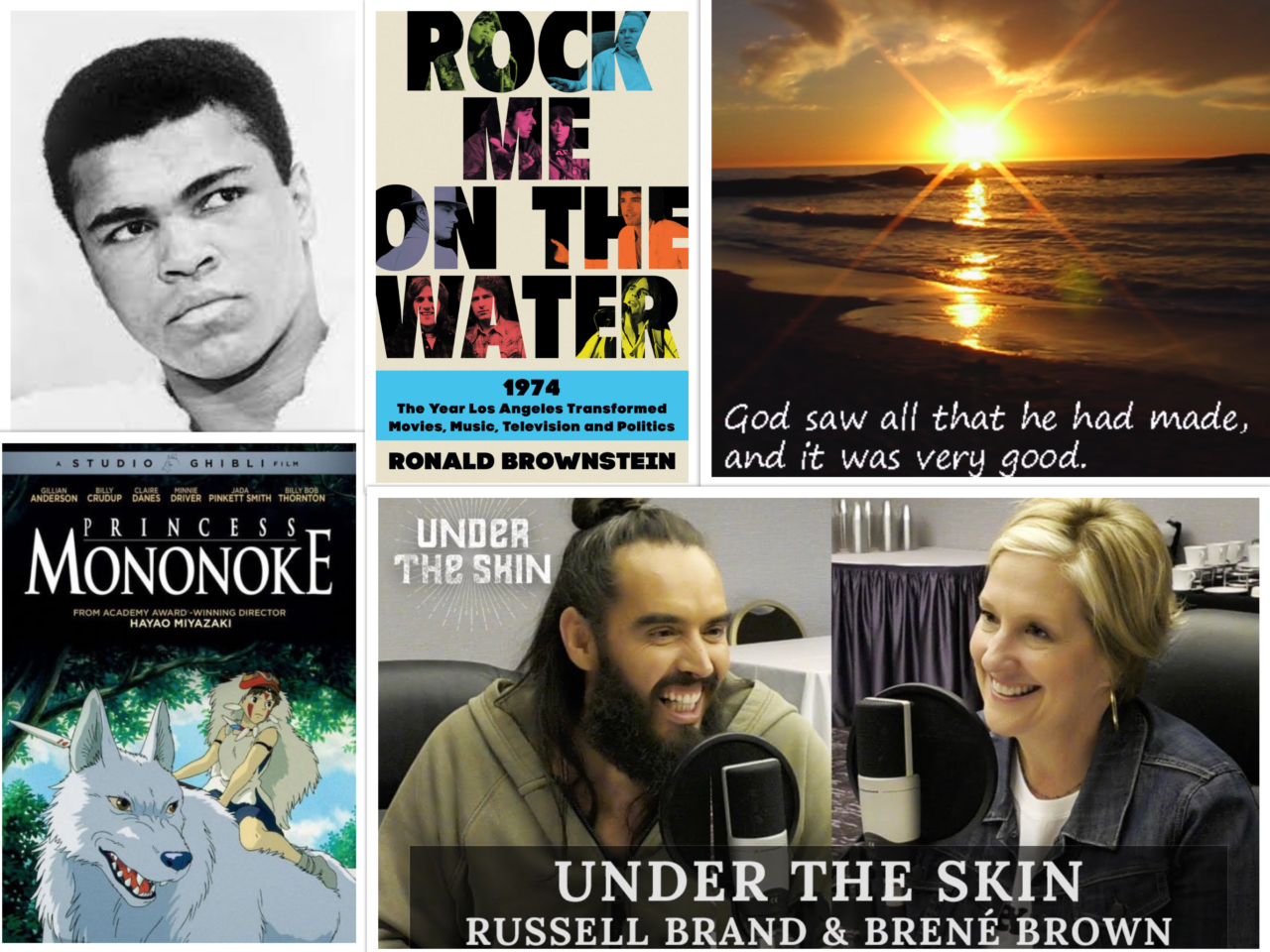Sunday Supplement #6 (June 20th, 2021)
Below is another Sunday Supplement with a quote worth sharing, a book worth reading, a movie worth watching, brainfood worth consuming, and a spiritual passage worth pondering.
I hope you take something away from this post that enriches your week ahead!
Quote of the Week:
“If your compassion does not include yourself, it is incomplete.”
– Jack Kornfield
Book of the Week:
Tales of the City – Armistead Maupin
Armistead Maupin was born in Washington, D.C., and grew up in Raleigh, North Carolina. He served as a naval officer in the Mediterranean and had a tour in Vietnam before returning home and working as a reporter for a newspaper in Charleston, South Carolina. In 1971, Maupin took a job with the Associated Press in San Francisco and moved out to the West Coast. Because of this move to the more open San Francisco, he announced his homosexuality publicly in 1974.
Tales of the City also came out in the mid-70s when Maupin joined the Pacific Sun newspaper. The story started as a serial and took off when Maupin brought it over to the San Francisco Chronicle after the Pacific Sun folded. Tales of the City, the novel, was published in 1978 after the success of the serial.
Tales of the City is full of adventure and packed with a lot of laughs. It starts with the narrative of Mary Ann Singleton as she visits a friend living in San Francisco in 1976. She decides to stay in the city and make the move permanent during her trip. The novel proceeds to follow Mary Ann as she navigates her way through this exciting new city and tries to make it home. The people she meets float in and out of her life, and those same people have their own narratives throughout the novel that tie everything together.
Because of its original serial format, the chapters are short and snappy. The characters come from a wide array of backgrounds, and there is something to connect you with all of them. It is a fun read and one that is perfect for the beach this summer.
There have been a few adaptations of Maupin’s work over the years, the latest on Netflix with Laura Linney starring, but I’d say the book should be your first experience with the story. The Tales of the City series spans nine novels, so if you enjoy the first, there’s plenty more to follow!
Movie of the Week:
I saw Moonlight in theaters without knowing anything about the movie. A friend told me to see it, and I’m glad I did. There haven’t been too many films in recent years that fully explore how much the medium of filmmaking can depict. This movie was an experience that few encapsulate.
Moonlight is told in three parts. The story focuses on the character Chiron at three seminal points in his life. A different actor plays Chiron in each segment, but each brings a considerable presence to the screen. The timeline covers Chiron at ages 11, 17, and 25. Each part depicts his struggle with his identity and sexuality and the experiences of isolation, abuse, and neglect.
Barry Jenkins directed and wrote the film. He adapted the screenplay from Tarell Alvin McCraney’s play, took the non-linear story, and crafted it into three linear parts. Jenkins and McCraney grew up in the same area but did not meet during childhood. They had mutual experiences that helped Jenkins tap into the story he wanted to tell. In particular, Jenkins allowed and utilized a lot of the film to be revealed in silence. The emotions each actor conveys throughout the movie are more powerful than words. And when the characters do speak, their dialogue has immense weight.
The acting is a masterclass from all who were involved. Each actor who played the different ages of Chiron shone. The same can be said for the actors who played Chiron’s friend Kevin. Mahershala Ali won the Oscar for Best Performance by an Actor in a Supporting Role, and Naomie Harris was nominated for Best Performance by an Actress in a Supporting Role. While it’s clear why both of these actors were highlighted, everyone in the film deserves to be recognized.
Moonlight expertly explores and depicts what can be seen on the surface vs. what’s underneath. It is a fantastic film that hits on many levels. The ending left me wanting more closure, but I still think the movie is one of the best I’ve seen in theaters in the last decade.
Brainfood of the Week:
Joe Rogan’s interview with Daryl Davis on his podcast The Joe Rogan Experience.
Joe Rogan is someone who divides opinion. He is a stand-up comedian, an actor, and a martial artist who regularly comments for the UFC. Rogan’s life story is an interesting one, but that isn’t why he’s part of this post. Rogan was one of the first people on the podcasting scene and created a massive platform over the years. While I’m not a fan of some of the episodes, he has conducted great interviews with many different people. An example of one of the better ones is his conversation with Daryl Davis.
Daryl Davis’s father was a Department of State Foreign Service officer, so he grew up moving around the world and lived in different countries during his childhood. When he moved back to the States, he experienced his first encounters with racism. In the podcast, Davis describes the initial incident as one that stuck with him, ingrained with the question “Why?”.
While Davis initially found his calling as a Blues and R&B musician, he came across another path that has changed many lives. He recounts a meeting with a Ku Klux Klan member that ultimately grew into a friendship. From that point on, Davis became an activist (although he might not use those words) in the fight against racism. To date, he has influenced over 200 Ku Klux Klan members to leave the brotherhood.
Davis’s story is amazing, and the podcast interview on The Joe Rogan Experience is worth the listen. There are great stories and powerful messages delivered throughout the episode.
Closing Spiritual Passage:
“Call upon me, I will respond to you.”
– Surah Ghafir 40:60
This passage from the Quran reminds me of the power of prayer and how it is a good thing to ask for help when you need it. Asking for help is something I still need to work on, but reminding myself that it is okay is a good place to start.
Prayer is also something I’ve worked to incorporate into my life. I was told that prayer can be divided into two types: thank you and please help. I gravitate toward gratitude in my prayers, but the above passage is also a reminder for me to ask for help when I need it.
Have a blessed week ahead, be compassionate with yourself, and ask for help if you need it!
Comments closed



